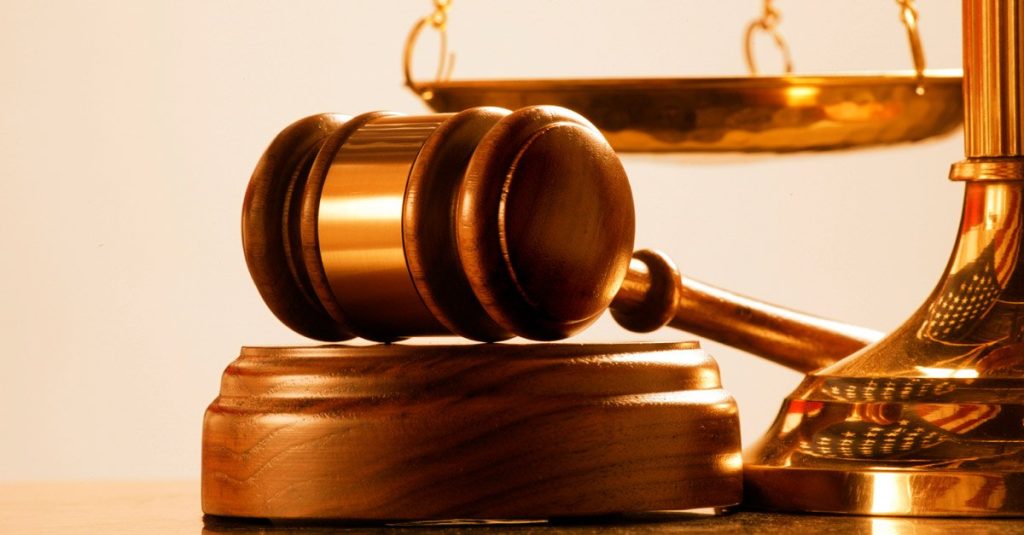Intellectual property in web pages and the Google rate

We list below some of the most relevant issues regarding the protection of intellectual property and the copyright of content and works published on the internet.
Can someone else’s work be included on a web page without the authorization of its owner?
The inclusion on a web page of a photograph, graphic or any other creation by others constitutes an act of public communication that can only be authorized by the owner. If a third party does it without his permission, he would be infringing that right of the owner of the work.
Can someone else’s work be posted on an intranet?
Posting a document on an intranet with restricted access also constitutes an act of public communication of the same, regardless of the number of people who have access. Therefore, it can only be done with the authorization of the author or owner of the rights of the work.
[fusion_highlight color=”rgba(0,144,142,0.3)” rounded=”no” class=”” id=””]You may be interested: “What rights does the intellectual property of a work confer?” < /p>
Do I have to ask permission to link to other people’s websites?
You can freely place links to a third-party website, even if it incorporates content protected by copyright, without the authorization of its owner, when they refer to works freely available on another internet site (Ruling of the Court of the European Union of September 13, 2014, Svensson case).
The same Court in a judgment of September 8, 2016 (PlayBoy case) confirmed said doctrine, clarifying that hyperlinks can be placed on a website that lead to works available on another page web except in the following cases:
-
That are addressed to works published on the network without the consent of their owner. Anyone who puts a link and does not know and cannot know that the existing work on the destination website is published without the authorization of its owner does not commit an infringement, as long as access is not restricted to that website.
-
That the hyperlink makes it possible for users to circumvent the restrictive access measures imposed on the website where the work is located. Obviously, the imposition of access measures on a website constitutes evidence that the owner does not authorize the free dissemination of its contents.
-
To put a link for profit, it must be previously clarified that the work to which the user is being redirected is legally published on the internet. Therefore, you cannot presume that it is published with the authorization of its owner, but you must verify it. And you will not be able to establish the hyperlink when you have been warned by the owner that the work in question has been published on the network without your authorization. If these rules are violated, you would be infringing the right of public communication that corresponds exclusively to the owner of the work published on the website to which the hyperlink refers.
How can you find out the owner of a web page?
All web pages must include the owner of the page and their contact information. Generally, it is usually done in the section on compliance with legal requirements, which any user can access.
Can I take or reproduce texts published on the internet?
Accessibility to content published on the Internet does not mean that they lack authorship. It cannot be presumed that the owner of the rights to the works published on the Internet has relinquished them for the mere fact of making them visible on the Internet. It will only be so if the owner of the rights expressly states so.
Consequently, operations of copying, reproduction or total or partial inclusion of these creations in other works may not be carried out for commercial purposes, without the authorization of their owner.
Yes, on the other hand, the uses of such content without commercial purpose that the Law allows as limitations on copyright (private copy, etc.) may be made without the authorization of the author. )
[fusion_highlight color=”rgba(0,144,142,0.3)” rounded=”no” class=”” id=””]You may be interested: “Copying of computer programs and use of works unrelated to teaching”
Do authors have to allow Google to search for their works on the internet?
According to art. 32.2 LPI the making available to the public by service providers that provide search tools for isolated words included in the content (such as Google) will not be subject to authorization or financial compensation provided that:
-
Such making available to the public occurs without its own commercial purpose
-
It is carried out strictly limited to what is essential to offer search results in response to queries previously formulated by a user to the search engine and
-
Provided that the publication includes a link to the page of origin of the content.
What is the so-called “Google fee”?
It is the fee that Google and the other Internet search service companies have to pay to communication companies as consideration for the information they generate and for whose accessibility by users users authorization from such companies is not required.
The art. 32.2 LPI determines that the making available to the public by providers of electronic content aggregation services of non-significant fragments of content, disclosed in periodical publications or on websites that are regularly updated and that have an informative purpose, creation of public opinion or entertainment, will not require authorization, without prejudice to the right of the publisher or, where appropriate, other rights holders to receive fair compensation.
As a representative of the journalistic companies, the Association of Spanish Newspaper Editors (AEDE) manages the collection of this fee.
It may interest you: “Regulation and definition of intellectual property”
José Luis Casajuana Espinosa
Founder and managing partner of JL Casajuana. Director of the Civil and Commercial Department.
10/20/2020



















